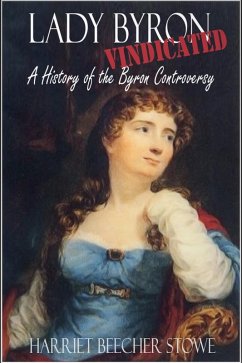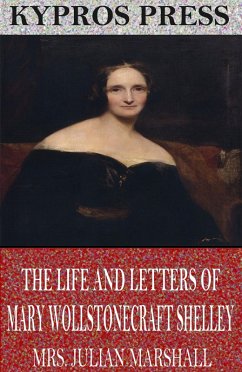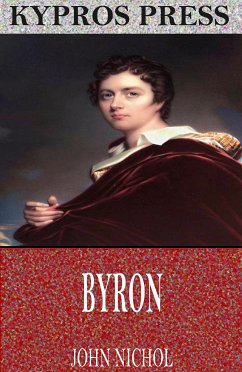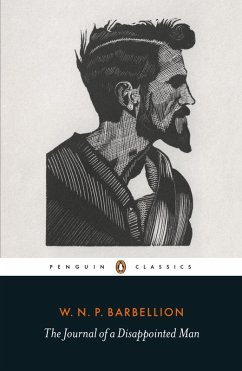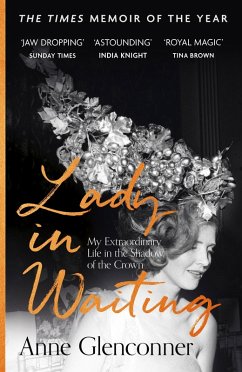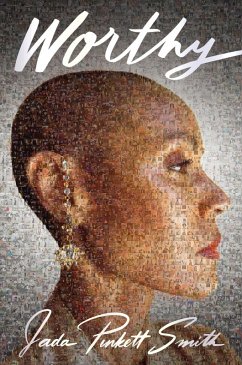
Lady Byron Vindicated (eBook, ePUB)
A History of the Byron Controversy
Versandkostenfrei!
Sofort per Download lieferbar
0,49 €
inkl. MwSt.
Weitere Ausgaben:

PAYBACK Punkte
0 °P sammeln!
In "Lady Byron Vindicated," Harriet Beecher Stowe presents a fascinating exploration of the life of Lady Byron, offering a counter-narrative to the prevailing perceptions of her character, particularly following the tumultuous marriage to the famous poet, Lord Byron. Stowe's literary style intertwines biography, social critique, and moral reflection, positioning the text within the broader context of 19th-century feminist discourse. Through meticulous research and empathetic imagination, she invites readers to reconsider Lady Byron not merely as a victim of her husband's notorious reputation b...
In "Lady Byron Vindicated," Harriet Beecher Stowe presents a fascinating exploration of the life of Lady Byron, offering a counter-narrative to the prevailing perceptions of her character, particularly following the tumultuous marriage to the famous poet, Lord Byron. Stowe's literary style intertwines biography, social critique, and moral reflection, positioning the text within the broader context of 19th-century feminist discourse. Through meticulous research and empathetic imagination, she invites readers to reconsider Lady Byron not merely as a victim of her husband's notorious reputation but as a complex figure deserving of dignity and understanding. Harriet Beecher Stowe, best known for her groundbreaking work, "Uncle Tom's Cabin," was an ardent abolitionist and a prominent social reformer whose literary pursuits were deeply influenced by her commitment to social justice. Her interest in Lady Byron likely stemmed from her own experiences with societal norms surrounding women, marriage, and reputation, prompting her to champion Lady Byron's cause as emblematic of the struggles faced by women of her time, challenging societal expectations and injustices. This book is a compelling read for anyone interested in women's history, literary studies, or the intersections of personal and public life in the 19th century. Stowe's revival of Lady Byron's story not only serves as an engaging biography but also as a clarion call for empathy and justice, making it essential reading for those seeking to understand the deeper narratives that shape our literary and historical landscapes.
Dieser Download kann aus rechtlichen Gründen nur mit Rechnungsadresse in A, B, BG, CY, CZ, D, DK, EW, E, FIN, F, GR, H, IRL, I, LT, L, LR, M, NL, PL, P, R, S, SLO, SK ausgeliefert werden.





